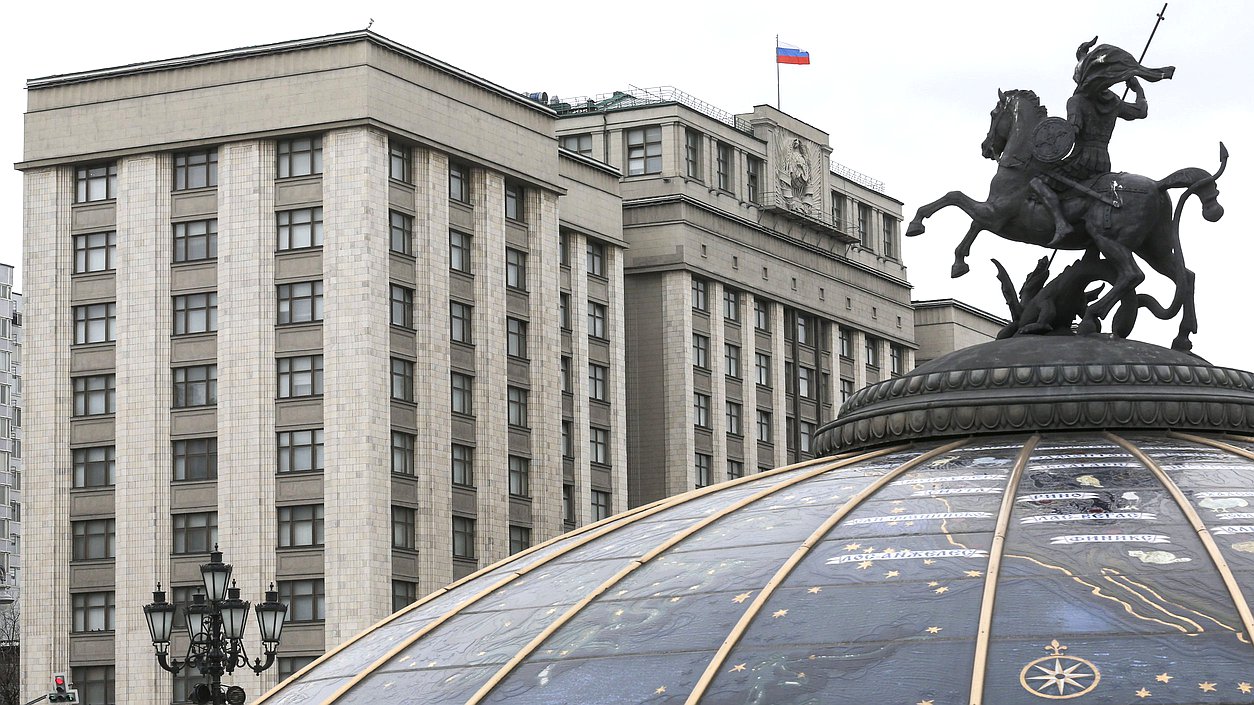
On Tuesday, June 8, members of the State Duma adopted at the plenary meeting a statement “On the initiative of the Ukrainian authorities not to recognize the Russians and other peoples as indigenous peoples in Ukraine.”
In May 2021, President of Ukraine Vladymyr Zelensky submitted to the Verkhovna Rada a bill “On the indigenous peoples of Ukraine”. According to the draft law, indigenous people of Ukraine are the Crimean Tatars, Karaites and Krymchaks living in the Republic of Crimea on the territory of the Russian Federation.
“Members of the State Duma consider the legislative initiative of the President of Ukraine a blatant provocation aimed at escalating tensions and conflicts in Ukraine and abroad. With a stroke of a pen, millions of Russians (17.2% of the population, according to the recent census data), hundreds of thousands of Belarusians (0.57%) and Moldovans (0.54%), those three largest national minorities, are deprived of the right to be recognized as indigenous peoples on the territory of Ukraine. Neither the Hungarians and Transcarpathian Rusyns, nor Jews, Bulgarians in the Odessa region, nor Greeks in Azov region will be also recognized as indigenous peoples, if the “urgent law” is adopted,” the document says.
Parliamentarians also recalled that that the independent Ukraine had not adopted a single legislative act to support the Crimean Tatars, “preferring to encourage the leaders of the Mejlis of the Crimean Tatar people, unregistered organization in Ukraine, to confront with the Russian and Ukrainian people in Crimea.”
“Members of the State Duma consider the bill introduced by the President of Ukraine as an insult to historical memory, a new attempt to drive a wedge between the Ukrainian, Russian and other indigenous peoples in Ukraine. Members of the State Duma reaffirm all earlier statements on harmfulness of the national policy of the Ukrainian authorities, continuing to undermine the foundations of their own Constitution, laws and international obligations of Ukraine,” stressed members of the State Duma.
In this regard, parliamentarians appeal to the CIS IPA, CSTO PA, OSCE PA and PACE to condemn the attempt of Ukrainian authorities to divide population into “indigenous” and “non-indigenous”, which could have the most serious consequences for the very existence of Ukraine as a state.
The Chairman of the State Duma Viacheslav Volodin
Volodin 
Vyacheslav Victorovich The Chairman of the State Duma of the Federal Assembly of the Russian Federation of the eighth convocation. Elected in single mandate constituency № 163 (Saratov constituency - Saratov Oblast) stressed that “it is important that the rights of the citizens of Ukraine, regardless of nationality, should be protected. We want to see prosperity and quite life in the neighboring state”.
According to him, “we support the citizens not the Ukrainian authorities perpetrating genocide of its people”. “We are trying to protect the rights of Ukrainian citizens, who are left alone, because the USA or the Council of Europe do not need them. [They] only need the Ukrainian territory, natural resources, while the citizens are just cheap labor. We see the citizens of Ukraine as fraternal people. We believe that the rights of all people should be protected regardless of nationality,” said Viacheslav Volodin.
He called on the PACE and OSCE to create monitoring groups and give a rigorous assessment of the events. “European states should not support regime encouraging nationalism and fascism. It is impossible to support the government which closes the opposition media and parties. Joe Biden should also understand that, as Mr. Zelensky is trying to contact him,” stressed the Chairman of the State Duma.
